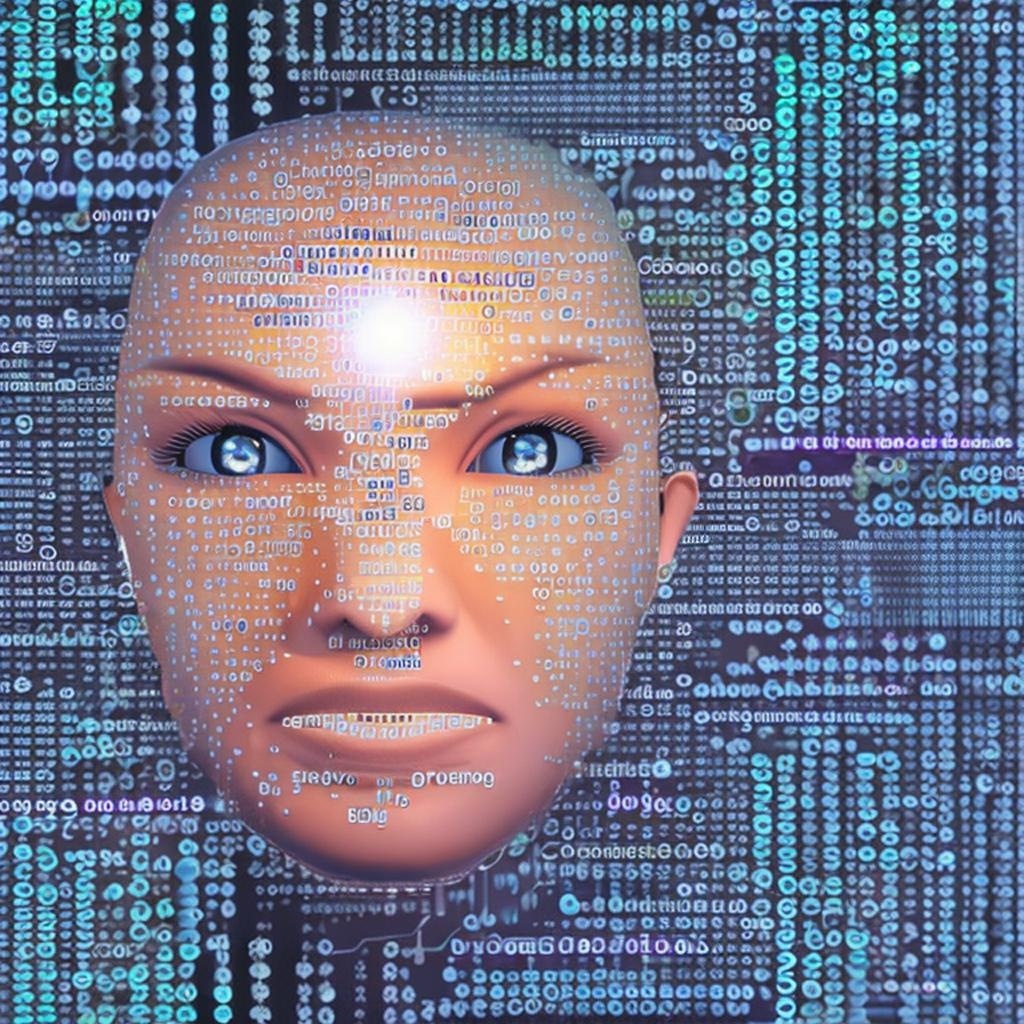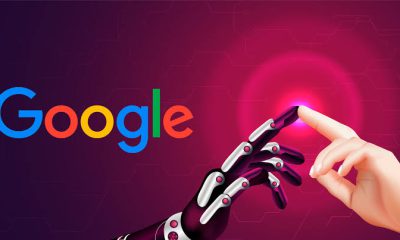
News
How Artificial Intelligence Is Revolutionizing The Study Of History

Artificial Intelligence (AI) is no longer the stuff of science fiction. In recent years, AI has been increasingly adopted in many fields, including medicine, finance, and education. One area where AI is also making significant strides is in the field of history.
In this article, we will explore the ways in which AI is being used to help historians better understand our past.

We will examine how AI is being used to analyze historical data, identify gaps in our knowledge. And provide a more objective and unbiased analysis of the past.
Finally, we will also explore some of the challenges associated with the use of AI in history.
AI and Historical Data Analysis
One of the most significant ways in which AI is helping historians is through the analysis of historical data. Historians have long been faced with the daunting task of sifting through vast amounts of information to try to piece together a coherent picture of the past. With the advent of AI, however, this task is becoming easier.

Artificial Intelligence algorithms can be used to analyze large datasets of historical information in a fraction of the time it would take a human to do so. This not only makes the analysis of historical data more efficient but also allows historians to identify patterns and connections that might have otherwise been overlooked.
READ ALSO: What is AutoGPT: Everything You Need to know
For example, AI can be used to analyze demographic data from historical censuses, allowing historians to gain a better understanding of the social and economic structures of past societies. Similarly, AI can be used to analyze archaeological data, allowing historians to gain new insights into the way people lived and worked in the past.
AI and Natural Language Processing
Another area where AI is revolutionizing the study of history is in the field of natural language processing (NLP). NLP is a subfield of AI that focuses on the interaction between computers and human language.
Historians are often faced with the task of analyzing large amounts of historical texts, such as letters, diaries, and other documents. NLP algorithms can be used to analyze these texts, allowing historians to gain a better understanding of the language and culture of past societies.
For example, NLP can be used to analyze the language used in historical texts to identify patterns and connections that might have been overlooked by human readers. This can provide new insights into the way people thought and communicated in the past.
AI and Objective Analysis
One of the most significant benefits of using Artificial Intelligence in the study of history is the ability to provide a more objective and unbiased analysis of the past. Historians are often influenced by their own preconceptions and biases, which can lead to an incomplete or distorted picture of the past.
By using AI to analyze historical data, however, historians can remove these biases from the analysis and provide a more objective view of the past. This can help to reveal new insights and challenge old assumptions about the past.
AI and Identifying Gaps in Knowledge
Another way in which Artificial Intelligence is helping historians is by identifying gaps in our knowledge of the past. AI algorithms can be used to analyze existing datasets and identify areas where more research is needed. This can help to focus the efforts of historians on areas where they are most likely to make new discoveries and can also direct funding towards areas of research that have been overlooked in the past.
Challenges Associated with AI in History
Despite the many benefits of using Artificial Intelligence in the study of history, there are also some challenges that need to be addressed. One of the most significant of these challenges is the issue of data bias.
Data Bias
Because AI algorithms are only as unbiased as the data they are trained on, there is a risk that historical data that is biased in some way could lead to biased results when analyzed with AI algorithms. To mitigate this risk, historians must be careful to choose datasets that are as representative and unbiased as possible.
Human Oversight
Another challenge associated with AI in history is the issue of human oversight. While AI algorithms can analyze vast amounts of data quickly and efficiently, they are still limited by their programming and can miss important details that a human researcher might notice. Therefore, it is important that historians work closely with AI algorithms to ensure that their results are accurate and meaningful.
Data Ethics
Finally, there is also the issue of ethics. Historians must be careful to ensure that the use of AI in history is conducted ethically and in a way that respects the rights and privacy of individuals. This is particularly important when analyzing personal information such as diaries and letters.
What You Need To Know
AI is revolutionizing the study of history in many ways, from analyzing large datasets of historical information to identifying gaps in our knowledge of the past. By providing a more objective and unbiased analysis of historical data, AI is helping historians to gain new insights into the past and challenge old assumptions.
However, there are also challenges associated with the use of AI in history, including the issue of data bias, human oversight, and ethics. Despite these challenges, the potential benefits of AI in history are significant, and it is likely that we will see more and more historians embracing this technology in the coming years.




























